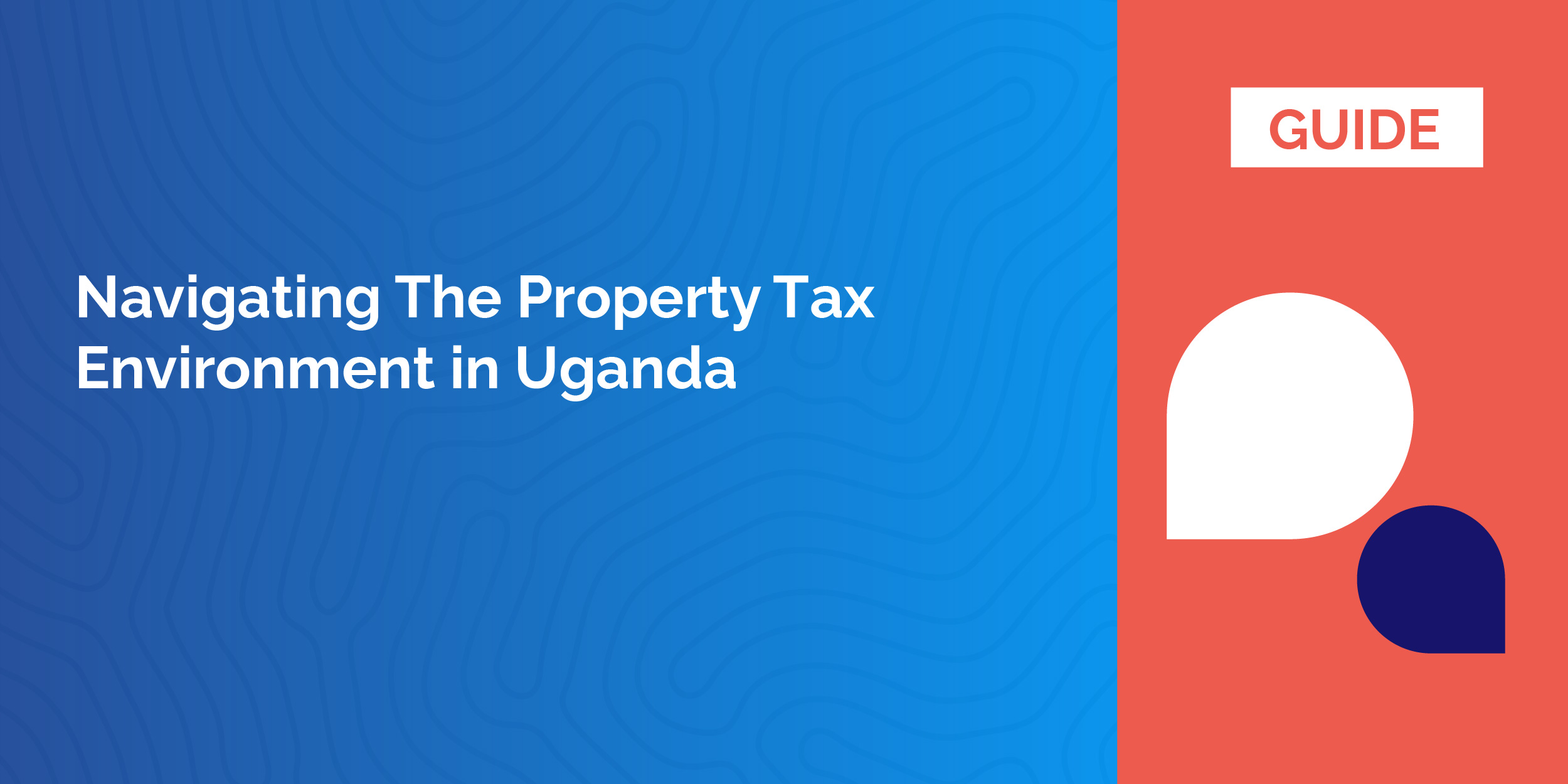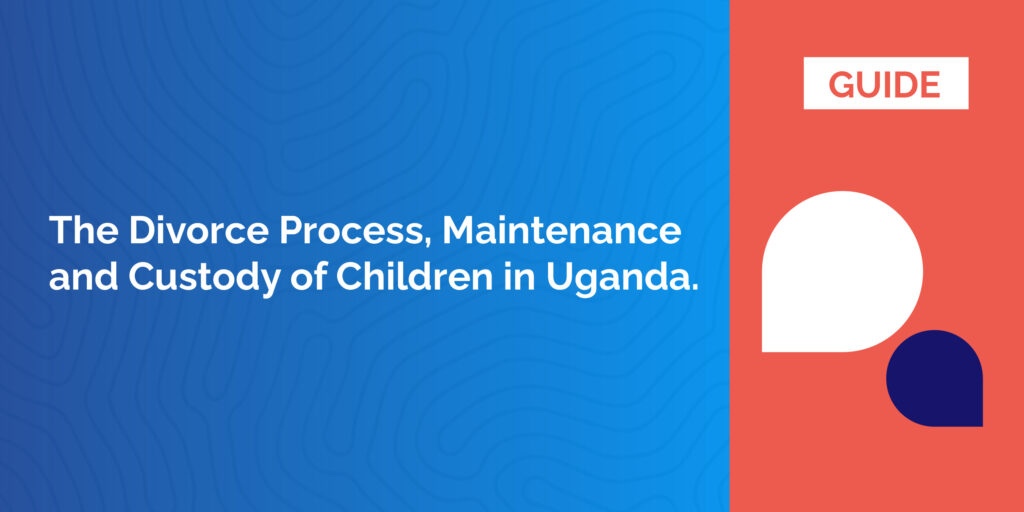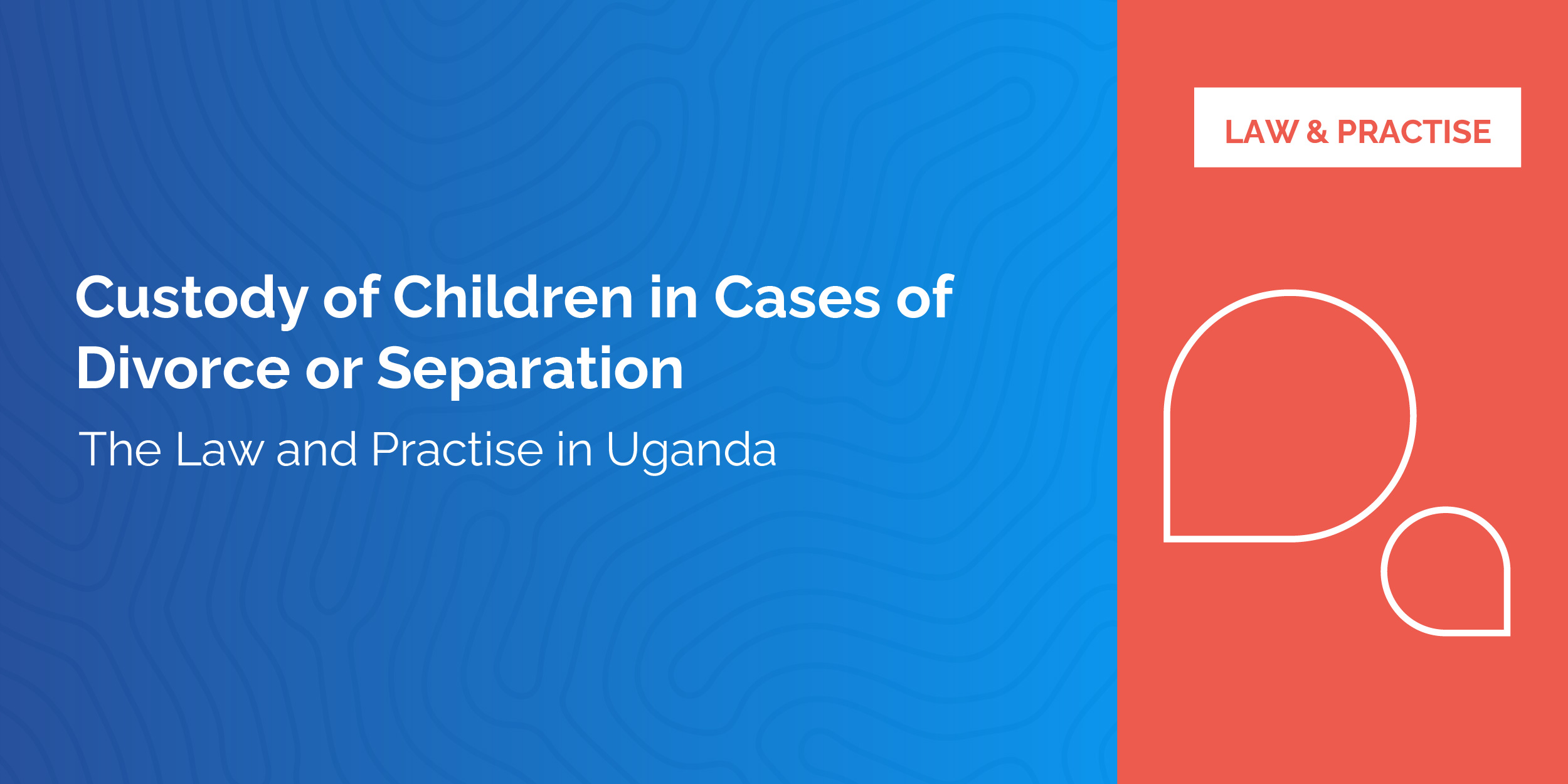Introduction
Sometime in August 2023, one of the Organisations that had retained our legal and Tax advisory services a Month earlier forwarded to me a Notification of approval of penalty for late filing. The said notification included a narrative coached as follows;
“Dear Tax payer, due to the submission of your Income Tax Return after the due date, URA hereby informs you that a penalty assessment has been issued to you under Section 48 TPC”.
Section 48 of the Tax Procedure Code Act, 2014 imposes a penal tax on a person for default in furnishing a tax return by the due date or within a further time allowed by the Commissioner under the TPC Act. The said penal Tax liability is the equivalent of 2 percent of the tax payable under the return before subtracting any credit allowed or ten Currency points per month, whichever is higher, for the period the return remains outstanding.
Worse still, by the time the Client forwarded the notification for the penal tax assessment for our handling, the window of 45 days within which a Tax payer enjoys the liberty to object to the assessment had since lapsed.
The above scenario happens to many business owners and some never recover from the inconvenience it occasions. For any business, Compliance with Tax obligations is a smart strategy. While it is crucial for organisations to boost operations, manage costs variations and boost cash flows, non-Compliance is an unacceptable risk. This is because it does not only lead to avoidable hefty fines and penalties, it is also tantamount to damaging an organisation’s reputation and good publicity which in the end speak to the breakdown of governance fundamentals of an organisation.
Because of the need to provide guidance to organisations and foster understanding of their operational Tax environments, we undertake to publish key tax aspects including objections procedures relating to key Tax laws in Uganda starting with the Property Tax Regime in Uganda under the Local Government Rating Act, 2005 and The Local Government (Rating Regulations SI 38-2006.
The Law
The Property Tax environment in Uganda is primarily regulated by the Local Government Rating Act, 2005 and The Local Government (Rating Regulations SI 38-2006.
For purposes of harmonisation and consolidation of tax procedures in Uganda, the Tax Procedure Code Act, 2014 was enacted to regulate the procedures for administration of specified tax laws in Uganda. As such, the tax laws listed under the said schedule must always be read together with the TPCA, 2014.
Scope of property Tax in Uganda
The Property Tax law in Uganda introduces the levy of rates on property by local Government within their local areas, provides for the valuation of property for purposes of rating and collection of rates.
The said rates which must not exceed 12% of the rateable value of the property (in any financial year) are only levied in respect of property or hereditament located in an urban area or in respect of a commercial building outside the urban area.
The law places liability to pay property tax on the owner of the property in respect of which the assessment is made but where the owner’s name is not traceable, the assessment may be made by describing the occupier.
Properties exempted from Property Tax
The law provides an exemption from payment of property tax under Section 5 and the 2nd Scheduled as follows;
- An official residence of the President
- An official residence of a traditional leader within the meaning of Article 246
- Any property used exclusively for public worship and as a residence of a religious leader.
- Any property used exclusively for cemetery or as crematorium.
- Property used exclusively for purposes of charitable or educational institution
- Any property belonging to local Council within the meaning of the Local Government Act.
- Any institution with which Government has a contractual obligation not to levy fees or tax against it.
Power of entry upon property
The Law allows the valuer to enter upon any property at all reasonable times during the day in order to survey and value a property.
Filing Tax Objections
Arising from the Constitutional principle of fair hearing, all tax laws contain avenues and procedures that a dissatisfied tax payer may follow to secure a remedy. Under the Property tax regime in Uganda, a taxpayer may be dissatisfied for reasons such as; Inclusion of any property in the valuation list that is excluded by law, Dispute as to the ascribed valuation or Misrepresentation as to the percentage occupation of the building.
The Procedure for filing Tax objections under the Local Government Rating Act is as follows;
- Lodge a written notice of objection in compliance with the procedure under the Local Government (Rating) Regulations SI 38-2006 within 30 days from date of publication.
- State indicate the Grounds on which the objection is made and amendments desired by the rate payer.
- Upon expiry of the 30 (thirty) days, the local government sends a copy of the draft valuation list and all notices of objection to the valuation Court which in turn summons all objectors to hear their cases within 6 (six) Months.
- On completion of the hearing, the Chairperson certifies the draft valuation list and the same becomes the final valuation list for the applicable local area.
- Upon completion of this exercise, the Local Government may charge and collect interest on the rate that remains in arrears for more than 30 days at a rate not exceeding 2% per Month.
Conclusion
The value that accrues to businesses that observe their tax obligations with some amount of Tax planning and scheduling is immense. For taxes that are administered by way of valuation and generating a valuation list like it is for the property tax in Uganda, ensure that you are available personally or by authorised agent when the valuer is making the valuation. Being available during valuation helps you to provide a true status of the property for the valuer to determine if at all it is exempted by law, otherwise you will be required to undergo the tedious process of filing objections after the valuation list has been generated.
For other Taxes such as income tax where the tax payer has the liberty to file their true return, please do so within the time allowed under the Law to avoid estimates from the tax man. For a business that has not made any income for purposes of income tax, the tax payer is free to file a zero return but the obligation to file remains mandatory even when no income was realised for the period specified.
In a nutshell, businesses can opt to avoid some taxes but must do so through diligent tax planning. But whatever direction the business opts, it must ensure pro-active compliance to its operational tax environment.





